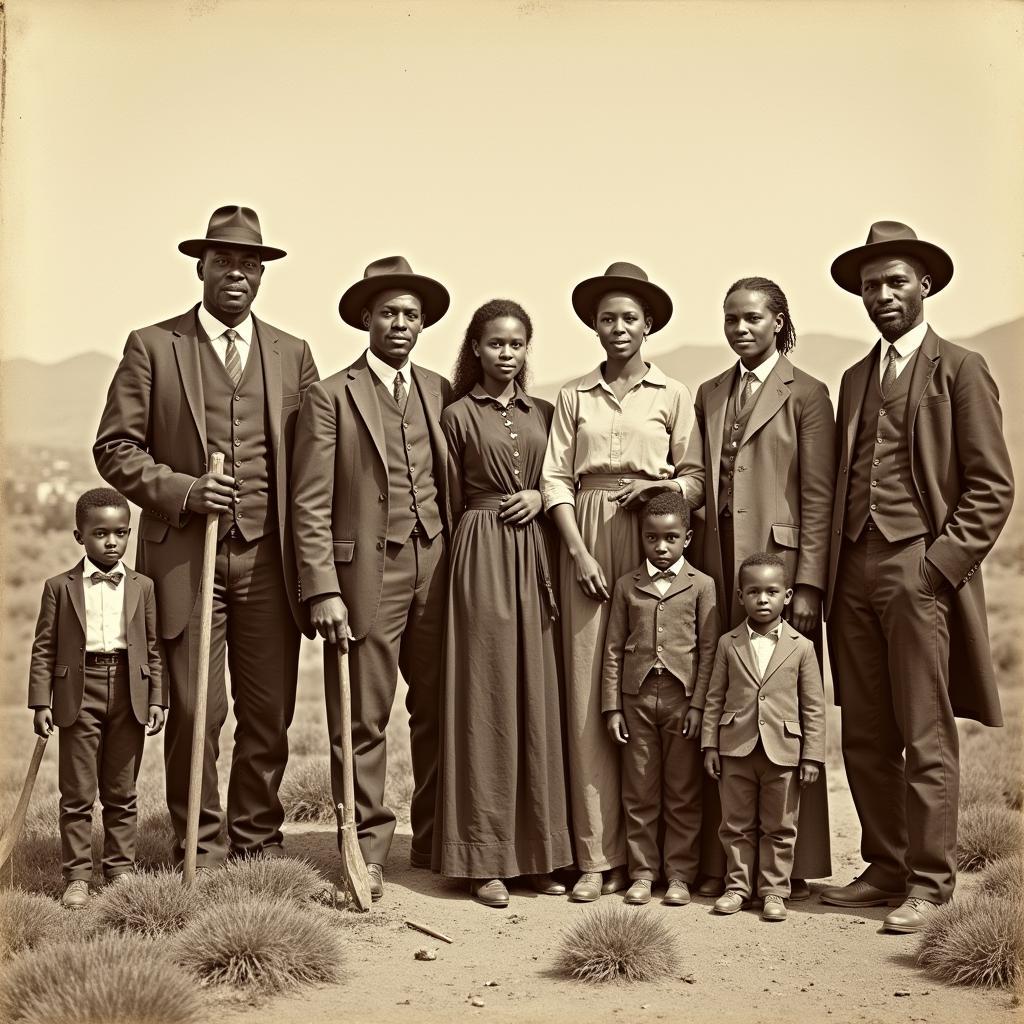Dive Into the Flavors of Africa: A Guide to African Cooking Classes
Embark on a culinary adventure and unlock the secrets of African cuisine by taking an African cooking class. These immersive experiences are more than just a cooking lesson; they are a journey through vibrant cultures, rich history, and the captivating aromas of traditional dishes.
What to Expect in an African Cooking Class
African Cooking Classes offer a fantastic opportunity to learn about the diverse culinary traditions of the continent. You’ll be guided by passionate chefs who will share their expertise, culinary wisdom, and family recipes passed down through generations. Here’s a glimpse of what you can expect:
Hands-On Learning:
- Mastering the Basics: From preparing the perfect fufu to mastering the art of grilling meat, these classes provide a hands-on experience that allows you to learn the techniques behind each dish.
- Understanding Ingredients: You’ll discover unique ingredients like baobab fruit, moringa leaves, and spices that give African dishes their distinct flavors. You’ll also learn about the seasonal availability of ingredients and their role in traditional recipes.
- Building Confidence in the Kitchen: With expert guidance, you’ll gain the confidence to recreate these dishes at home, allowing you to share your newfound culinary skills with friends and family.
Cultural Immersion:
- Stories Behind the Dishes: Each dish comes with a story, revealing the cultural significance, historical context, and social traditions associated with the food.
- Exploring Regional Variations: African cuisine is incredibly diverse, with each region boasting its unique flavors and techniques. Classes often focus on specific cuisines, providing a deeper understanding of different cultural influences.
- Connecting with Local Communities: These classes offer a unique opportunity to connect with local communities and learn about their everyday lives through the lens of food.
Finding the Right African Cooking Class for You
With so many African cooking classes available, how do you choose the perfect one for you? Here are some key considerations:
- Cuisine Focus: Decide which African cuisine you’re most interested in, such as Moroccan, Ethiopian, or West African.
- Skill Level: Consider your cooking experience and choose a class that aligns with your skill level. There are classes for beginners as well as advanced home cooks.
- Location: Decide if you want to take a class in your local community or travel to Africa for an immersive experience.
- Duration: Classes range from a few hours to multi-day workshops, so choose one that fits your schedule and interests.
Benefits of Taking African Cooking Classes
Beyond the delicious food and cultural immersion, African cooking classes offer numerous benefits:
- Expanding Your Culinary Repertoire: Learning new dishes, techniques, and flavors can broaden your culinary horizons and inspire you to try new things in the kitchen.
- Connecting with Others: Shared experiences in the kitchen foster a sense of community and allow you to connect with others who share a passion for food and culture.
- Appreciating Cultural Diversity: By learning about the culinary traditions of other cultures, you gain a greater appreciation for the diversity and richness of the world.
Expert Tips for African Cooking Classes
“From my experience as a chef specializing in African cuisine, I’ve seen firsthand the impact of these classes on people’s lives,” says Chef Amina Omar from Tanzania. “Here are some tips to enhance your experience:”
- Ask Questions: Don’t hesitate to ask questions during the class. The chefs are eager to share their knowledge and answer your queries.
- Take Notes: Jot down tips, recipes, and cultural insights that resonate with you.
- Be Open to New Experiences: Embrace the unfamiliar and be open to trying new ingredients and techniques.
Conclusion
Taking an African cooking class is a rewarding experience that will tantalize your taste buds and ignite your curiosity about African culture. It’s a journey that will leave you with a deeper appreciation for the vibrant flavors and rich traditions of this incredible continent.
FAQ
Q: What are some popular African dishes to learn in a cooking class?
A: Some popular African dishes include Jollof rice (West Africa), Tagine (Morocco), Injera (Ethiopia), and Bobotie (South Africa).
Q: What type of cooking equipment do I need for African dishes?
A: You’ll need basic kitchen essentials such as pots, pans, a cutting board, and a knife. Specific dishes may require additional equipment like a mortar and pestle, or a tagine pot.
Q: What are some good websites to find African cooking classes?
A: You can find African cooking classes online through websites like Airbnb Experiences, TheFork, and MasterClass.
Q: Are African cooking classes suitable for beginners?
A: Absolutely! Many African cooking classes cater to beginners and offer step-by-step instructions and guidance.
Q: What are some tips for choosing an African cooking class?
A: Consider your interests, skill level, and budget when choosing a class. Read reviews and look for classes that have experienced instructors and a focus on cultural immersion.
Q: Can I learn about African culture through cooking classes?
A: Yes, African cooking classes provide a window into the culture, history, and traditions of the continent. You’ll learn about the stories behind the dishes, the ingredients used, and the social significance of food in African society.
Q: Where can I find African cooking classes near me?
A: You can easily find African cooking classes near you by searching online using terms like “African cooking classes [Your City]” or “African cuisine workshops [Your City].”
Q: How can I incorporate African flavors into my everyday meals?
A: Start by experimenting with popular African spices like cumin, coriander, and turmeric. You can also add flavorful ingredients like peanut butter, plantains, or cassava to your dishes.
Q: What are some good resources for learning about African cuisine?
A: There are many excellent resources available online and in libraries. You can explore cookbooks, blogs, and websites dedicated to African cuisine.

